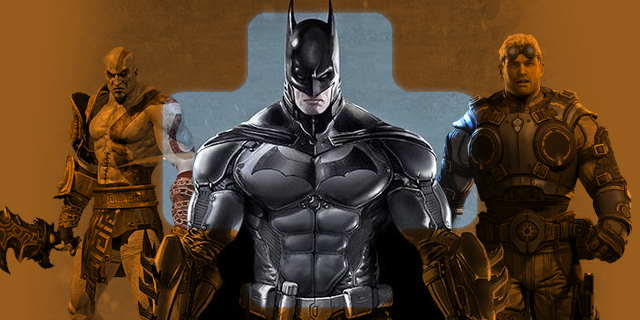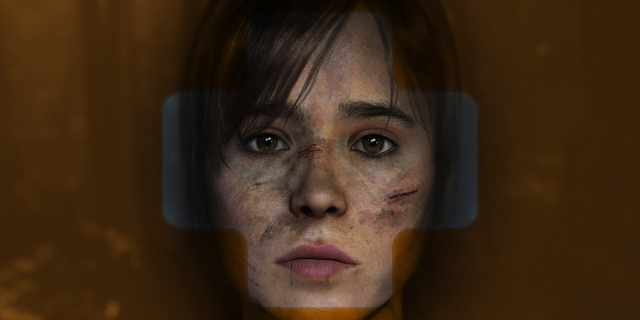
Has there ever been a developer you want to love, but can’t simply because its games were not for you? For me, that team was Media Molecule. For the longest time, I was able to appreciate the LittleBigPlanet series from a distance, but found the act of playing it less than enjoyable. It allowed players to express their creativity in remarkable ways, leading to some entertaining user-created content, but it ultimately wasn’t for me. Recently, it released its first Vita title, Tearaway. LittleBigPlanet demonstrated some of Media Molecule’s undeniably charming ambitions, but Tearaway feels full to the brim with its specific brand of creativity.
READ MORE

The next generation of video games is here! At least, that’s what I’ve been led to believe. Thanks to the increased relevance of PC gaming, we aren’t making a huge generational shift; this is more of a small leap with two more capable devices. With these new systems now out in the wild, I thought I would take this opportunity to reflect back on the past eight years of PS3 and Xbox 360, my experiences with some memorable titles and what I’ve learned most from the games that, in my mind, defined the generation.
READ MORE

Crafting original stories for games is probably not a simple task, especially if you’re working with established characters. It can be easy to fall back on something like, say, a prequel story. This might be significantly easier in the long run, yet also may expose an inherent flaw when it comes to creating prequel video games: you have to worry about it from both a story and gameplay perspective. Having to evolve the gameplay while containing the story to certain specifics makes for a difficult balance or a game that, at the end of the day, isn’t much of an improvement over its predecessors.
READ MORE

Whether or not you actually like the current movement of more narrative-focused games, such as the critically acclaimed Gone Home, it’s clear that it’s not going anywhere. Look at Quantic Dream, a team Sony has put a ton of weight (and money) behind, delivering experiences with high budgets and minimal gameplay. There is a place for these experiences in the industry, and they deserve our attention, yet certain games only highlight the fault of their stories when it becomes so much of the focus.
READ MORE

Video games give us a lot. They provide exciting, compelling gameplay experiences, amazing visuals, brilliant soundtracks, stunning worlds to explore, and so much more. The one thing games have become increasingly good at is telling a story. While I love titles such as Mass Effect, The Last of Us and The Witcher 2, the games that almost always hook me are the ones attempting to bring story to the forefront. Games such as The Walking Dead or the recent release, Gone Home, all provide excellent narratives that stand above and beyond their contemporaries.
Yet, so many people seem to reject these games, signaling that their success is the sign of a dramatic sea change in the industry which will forever take over and extensively ruin the games we all know and love today. This overdramatic (and frankly, ridiculous) notion makes me wonder just why so many are afraid of games that attempt something different. We all accept innovative titles in regards to gameplay mechanics, but in terms of simplifying gameplay for the sake of a story? It becomes a different conversation entirely.
READ MORE
























